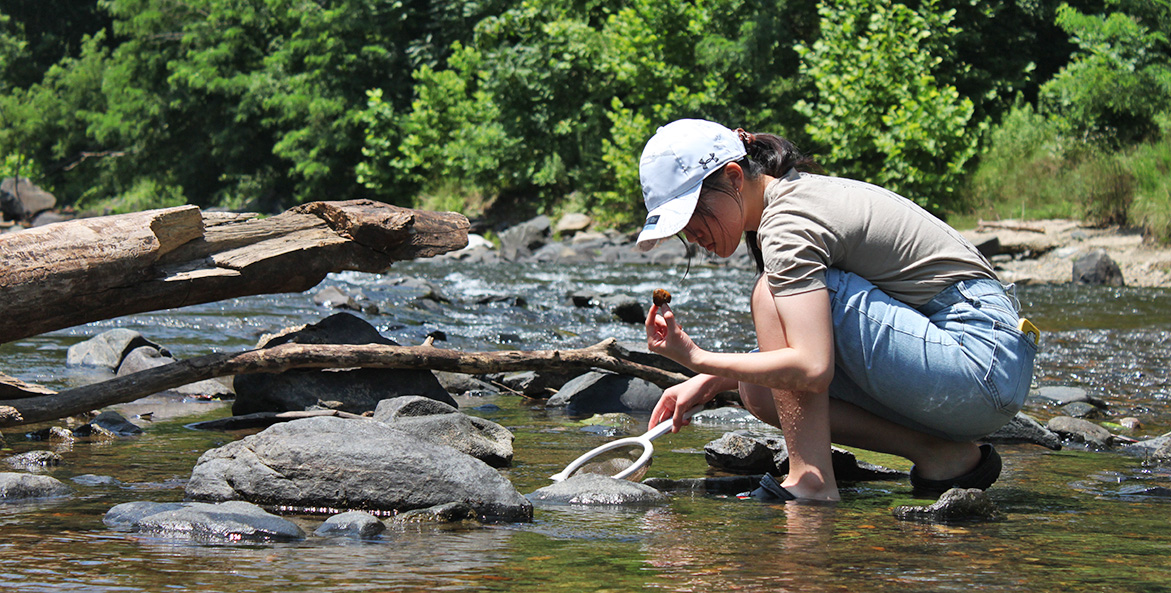This article was originally published in The Baltimore Sun on May 2, 2024.
Earth Day in Maryland was teeming with positive news for nature including enhancements to critical environmental programs. One announcement that had me particularly optimistic was Gov. Wes Moore’s new executive order to establish the Maryland Outdoor Learning Partnership (“Maryland Gov. Wes Moore issues executive order calling for environmental literacy,” April 22).
In addition to its focus on improving climate literacy, the program will allocate more time for students to engage outdoors in their local environments. Research shows that outdoor learning helps students improve resilience, problem solving, critical thinking, leadership and teamwork and leads to higher test scores and stronger engagement in school.
Moore’s executive order recognizes that we must prioritize green career pathways in order to leave Maryland better than we found it. We have a critical opportunity and, frankly, a responsibility to prepare kids for future job needs, not the needs of last century. The World Economic Forum’s 2023 Future of Jobs Report identified “sustainability specialist” as the world’s second fastest growing job role, right behind AI and machine learning.
Every student in Maryland deserves outdoor education experiences.
In addition to climate curriculum improvements, Maryland’s investment in environmental education must include support for our teachers and school systems, both financially and with professional development opportunities. Getting students and teachers outdoors and on the water not only teaches key skills but also sparks a lasting love for the Chesapeake Bay.
Research recommends that students should be participating in meaningful watershed learning experiences at least three times in their K-12 career. Yet many Maryland students will not get that opportunity. To keep Maryland at the forefront of environmental education, we need commitment from more change-makers. Every student in Maryland deserves outdoor education experiences.
During more than 50 years, the Chesapeake Bay Foundation’s education program has engaged 1.5 million participants. I, myself, participated in outdoor learning as a kid and it drove my career path into environmental education. We hear similar experiences from people across the industry daily.
Humanity’s future, currently threatened by climate change, relies on how we educate the next generation of environmental problem solvers. This must include outdoor, hands-on learning.




